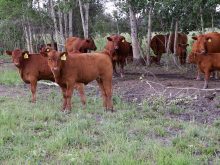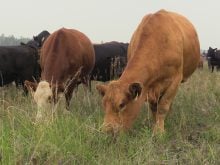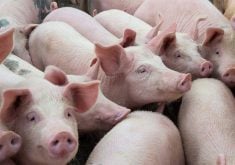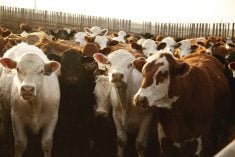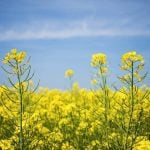PONOKA, Alta. – For those on the ground buying and selling cattle, market disruptions present day-to-day challenges.
After May 20, when it was announced that bovine spongiform encephalopathy had been found in one Alberta cow, cattle numbers moving through the Vold, Jones and Vold Auction in Ponoka dropped 60 percent and by mid-summer, volumes were down 80 percent of normal.
Volumes of slaughter cows and bulls were down by two thirds with extremely low prices.
“That is a big ouch in the business right now,” said owner Blair Vold.
Read Also
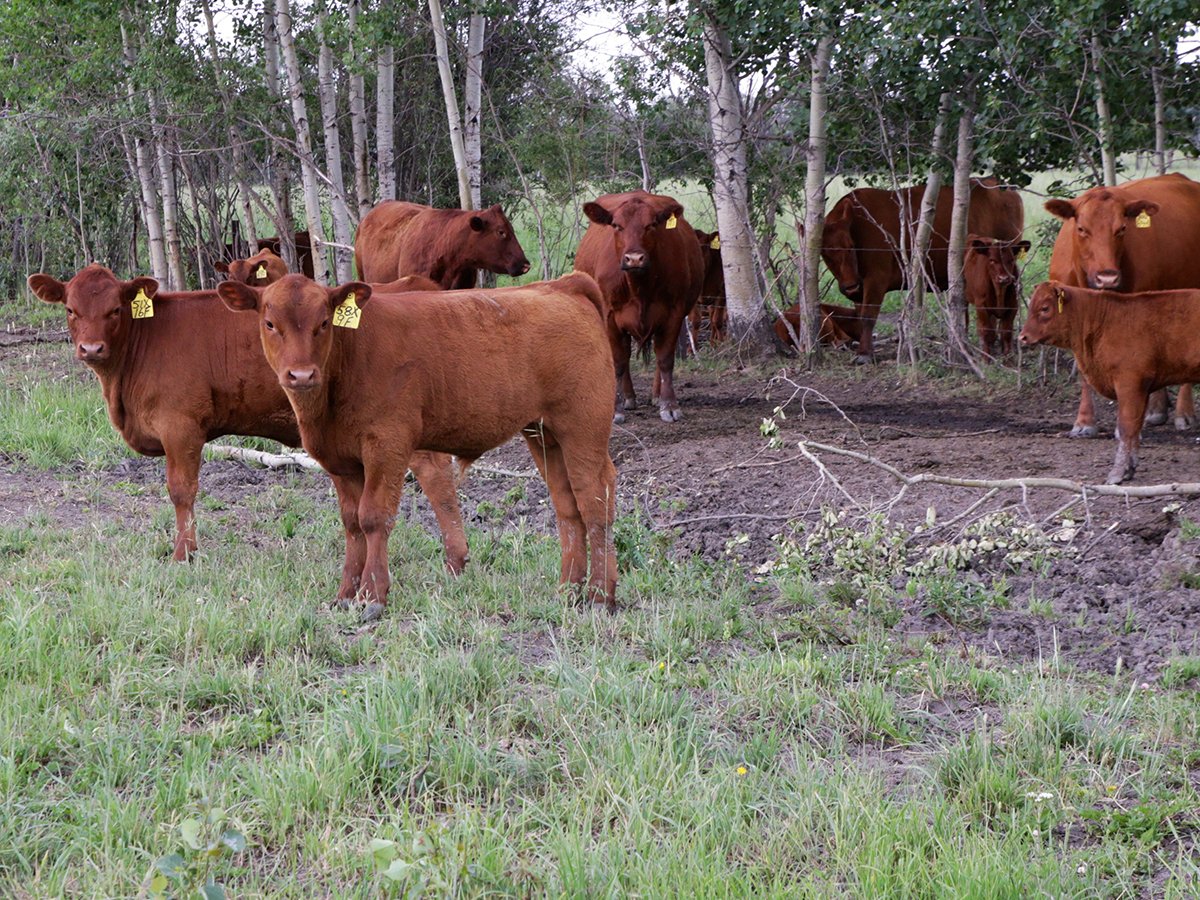
Feeder market continues the climb
For the week ending Aug. 30, Western Canadian feeder cattle markets traded $4-8 per hundredweight higher on average.
The decline has him wondering about the kind of cattle being held on farms and what quality is going to be offered for sale later.
Bids for feeders are close to 2002 prices, but affordable feed prices mean that if producers decide to keep cattle over the winter, they should still be in a good sales position if the U.S. border reopens by spring.
The Ponoka auction also sells dairy cattle and calves.
Prices for Holstein calves are low but producers are forced to accept rock bottom bids because they can’t afford to keep them.
Holstein steers should be in demand once the border reopens.
Vold said the auction has seen middle-aged cows bring decent prices of $600-$800, but there is little demand for bred heifers.
“It’s a shame to see so many bred heifers come to town and get sold by the pound,” Vold said.
He advised producers to hang onto their bred heifers to take advantage of an expected turnaround in the spring.
Order buyer and feedlot owner Tony Saretsky said producers need to know when cattle should go to market.
Big calves should go to market early because they could lose 10-15 cents per pound if sold later in the fall.



